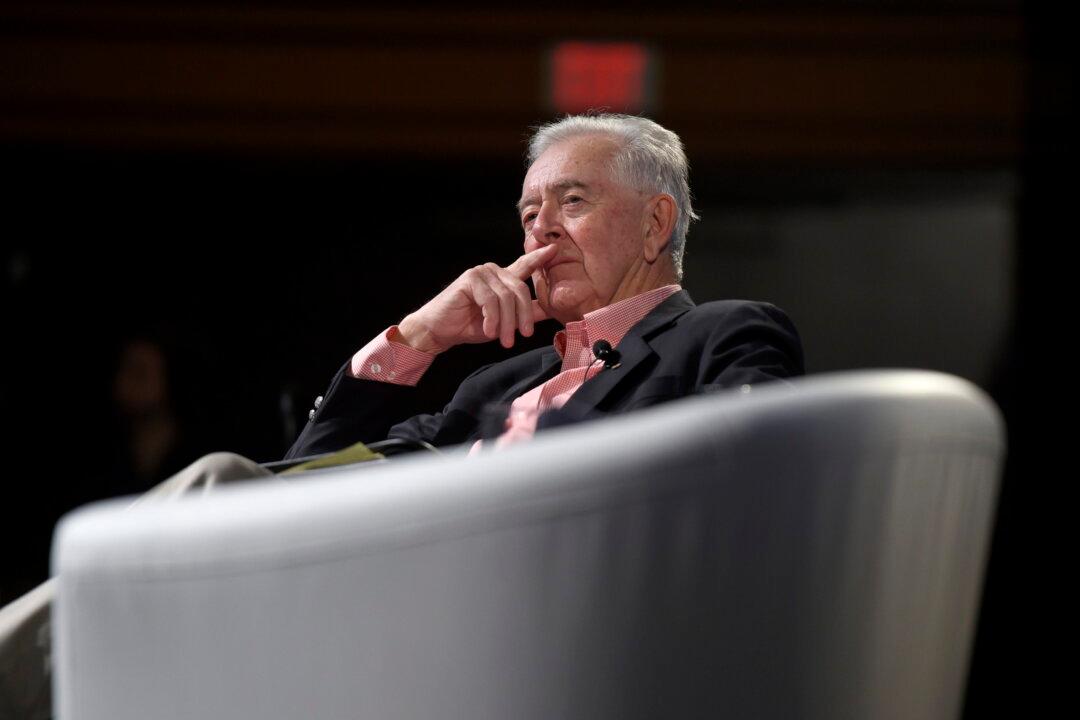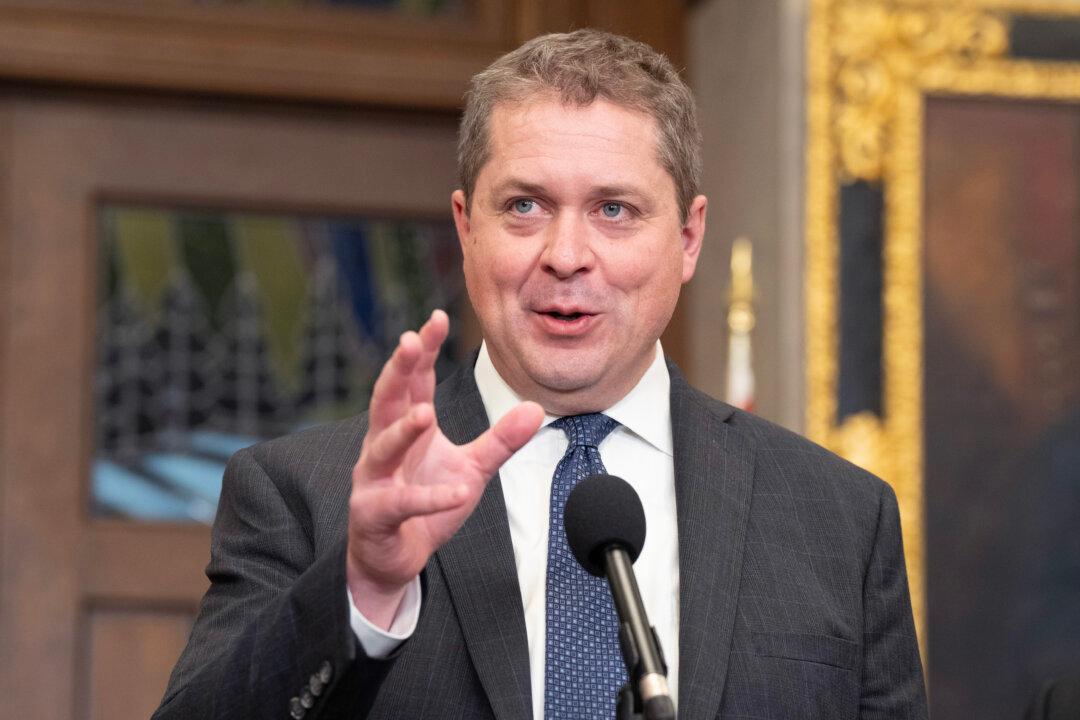A panel studying Alberta’s response to COVID-19 is calling for an overhaul in how the province reacts to future pandemics to ensure the premier and cabinet have the “ultimate authority” in responding to health emergencies.
The province has yet to decide if it will act on any of the more than 90 recommendations from the panel, which was led by former Reform Party leader Preston Manning.





